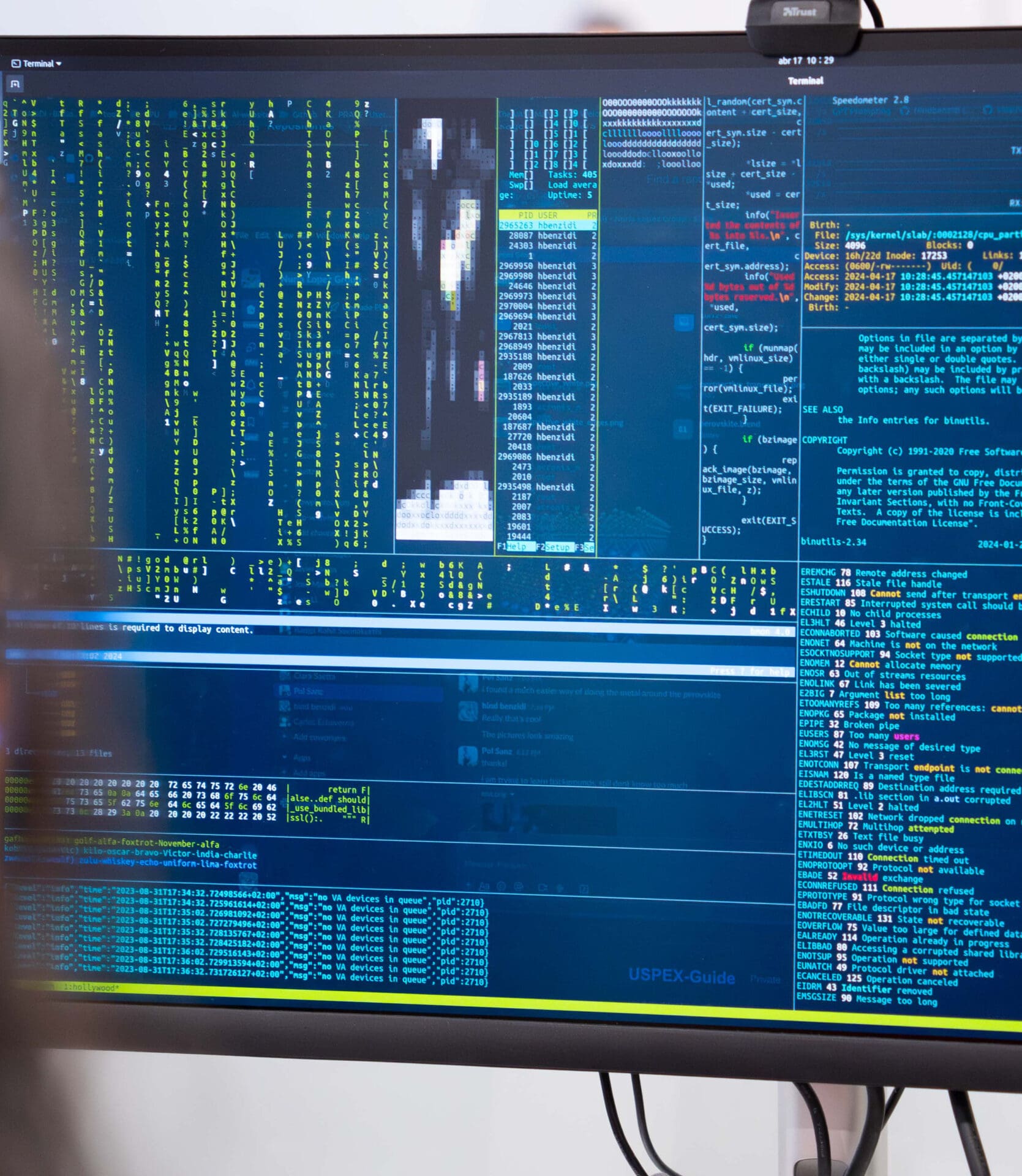Understanding the Catalytic Selectivity of Cobalt Hexacyanoferrate toward Oxygen Evolution in Seawater Electrolysis
Hydrogen is a most desirable solar energy storage medium. It provides reliable, scalable, and long-term energy storage, while helping in the decarbonization of the energy cycle. Such a storage medium is required for further deployment of photovoltaics, either for their inclusion into transportation and heavy industries or for supporting renewable grid management. The most accessible hydrogen source is water. However, fresh water is a scarce resource, while seawater is abundant worldwide. A major drawback of seawater electrolysis comes from chloride oxidation competing with the oxygen evolution reaction (OER). This may produce toxic products such as chlorine and also limits the hydrogen energy efficiency of the overall process. Thus, selective catalysts toward the OER are of strong technological interest. Here we report the electrocatalytic activity of heterogeneous cobalt hexacyanoferrate toward seawater oxidation. Combining experimental and computational studies, we highlight the great difficulty in obtaining such selectivity and its main mechanistic descriptors. This Prussian blue derivative is an excellent and robust OER electrocatalyst, but unfortunately, it is not selective enough toward the OER in the presence of Cl– anions. Faradaic efficiencies above 30% toward Cl2 were observed during untreated seawater bulk electrolysis.

Hegner, F. S.; Garcés-Pineda, F. A.; González-Cobos, J.; Rodríguez-García, B.; Torréns, M.; Palomares, E.; López, N.; Galán-Mascarós, J. R.
ACS Catal. 2021, 11, 13140–13148
DOI:
10.1021/acscatal.1c03502

Let's create a brighter future
Join our team to work with renowned researchers, tackle groundbreaking
projects and contribute to meaningful scientific advancements





















